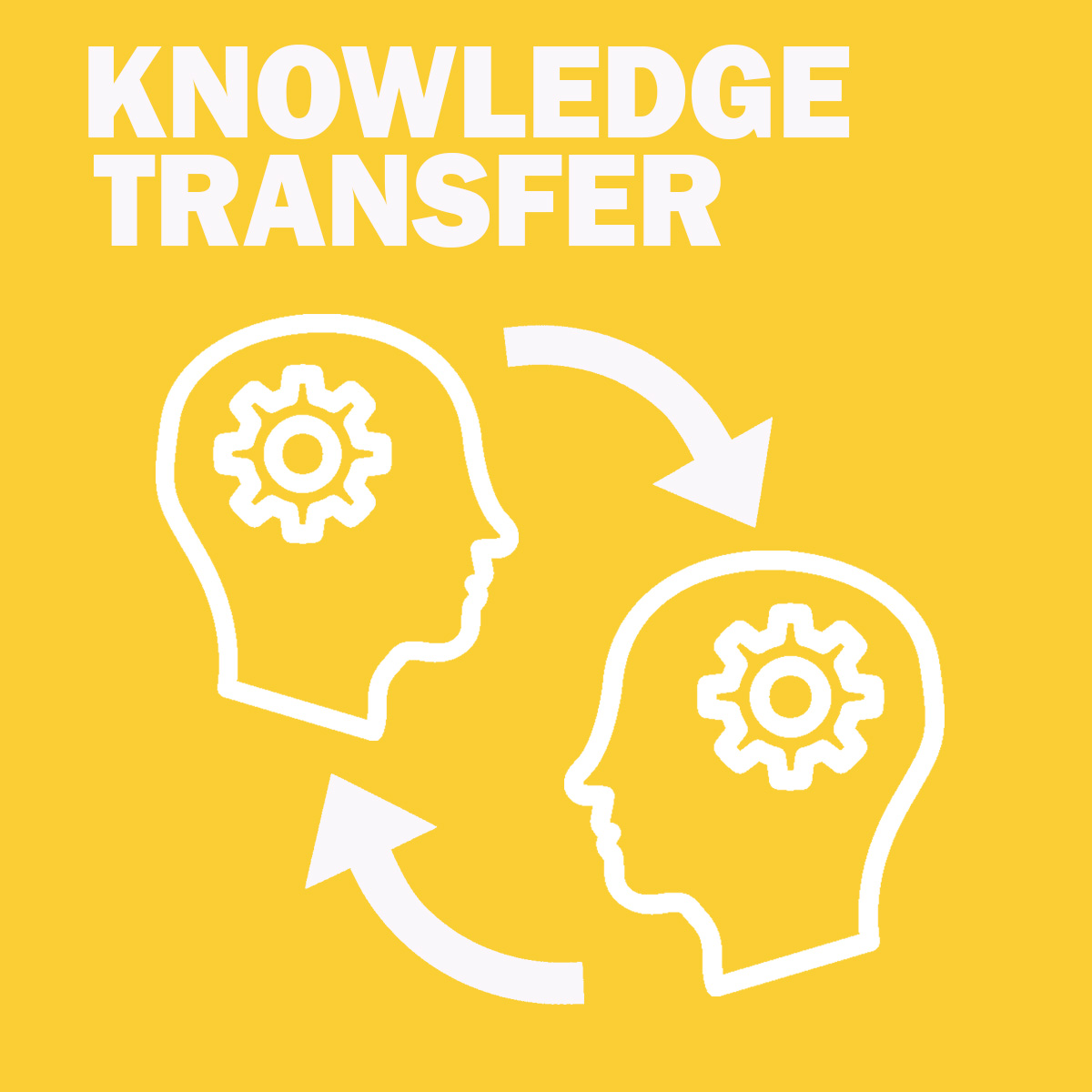Knowledge transfer, e.g., theories, techniques, innovations, governance, and management approaches, may affect resource use patterns in receiving and spillover systems and can increase both environmental and socioeconomic sustainability, e.g., by increasing efficiency. The sending systems may benefit or suffer from knowledge transfer in terms of finance and recognitions.
References
- Matthias Schröter, Thomas Koellner, Rob Alkemade, Sebastian Arnhold, Kenneth J. Bagstad, Karl-Heinz Erb, Karin Frank, Thomas Kastner, Meidad Kissinger, Jianguo Liu, Laura López-Hoffman, Joachim Maes, Alexandra Marques, Berta Martín-López, Carsten Meyer, Catharina J.E. Schulp, Jule Thober, Sarah Wolff, Aletta Bonn. 2018. Interregional flows of ecosystem services: Concepts, typology and four cases. Ecosystem Services 31(Part B), pp. 231-241. https://www.sciencedirect.com/science/article/pii/S221204161730606X
- Daniele Giovannucci, Stefano Ponte. 2005. Standards as a new form of social contract? Sustainability initiatives in the coffee industry. Food Policy 30:3, pp. 284-301. https://www.sciencedirect.com/science/article/pii/S030691920500031X
